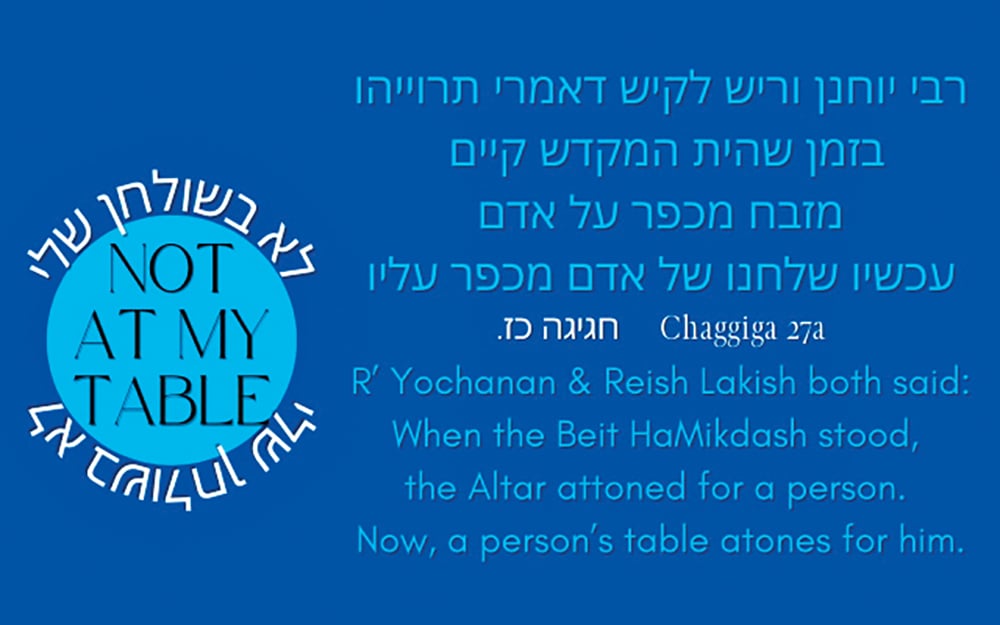
As we pray with full hearts for the beginning of the hostages returning home, this is a meaningful moment to pause and reflect on our own lives. It’s an opportunity to examine the middot at the core of who we are. These traits may differ for each of us, but this moment invites us to commit to values that can deeply and positively influence our children, our communities and ourselves.
One pressing challenge for day school (and shul, though that’s not my primary focus) leadership is the issue of lashon hara לשון הרע about the school, its administration and its teachers. Too often, this talk unfolds around the Shabbat table. Picture this: A family hosts guests for Shabbat lunch, and someone brings up the school. Before long, the conversation turns into a recounting of complaints from the week. Everyone gets swept up in the discussion, and the grievances—whether accurate or not—are taken as truth.
Whether or not these concerns are eventually shared with the school is important, but that’s not the focus here. What’s more concerning is the message we are sending to our children. Are they learning that it’s acceptable—perhaps even entertaining—to disparage their teachers and leaders? Are they being taught to focus on stories that may have multiple perspectives, many of which are not being acknowledged? And are we considering how quickly these discussions can spread to another home, becoming a chain of gossip that violates both confidentiality and respect?
The Talmud, in Chagiga 27a, teaches: R’ Yochanan and Reish Lakish both said: “When the Beis HaMikdash stood, the Altar atoned for a person. Now, a person’s table atones for him.” Our Shabbat table holds tremendous power—not just as a place for meals, but as a space for connection, gratitude and even atonement. What if we collectively harnessed this power to create an initiative called Not at My Table—or Lo B’Shulchan Sheli לא בשולחן שלי?
This initiative could involve placing visual reminders, like placards, on our Shabbat tables to signify a commitment not to engage in negative speech about our schools (or shuls) during meals. Imagine the impact if entire communities embraced this practice. Consider the powerful lessons it would teach our children about respect, kindness and constructive communication (as opposed to our children absorbing negative messages about their schools and teachers).
By saying, “Not at My Table,” we can create a ripple effect of positivity. Our Shabbat tables can become spaces for fostering unity, gratitude and meaningful conversation. Let’s lead by example, ensuring that our children grow up valuing these ideals. Together, we can transform the conversations at our tables and, in doing so, elevate the character of our communities.
Jane is a leadership coach and works exclusively with Jewish Day Schools. She also spent 2 years working at Prizmah where she worked primarily with leadership in schools. Jane was previously a Head of School for 22 years at a Solomon Schechter School in Massachusetts, where she and her husband live. While she was a Head, she was asked to become a mentor in DSLTI, the Day School Leadership Training Institute and has worked with them ever since, now as Senior Mentor. After the South Area Solomon Schechter, she came to work at the YU School Partnership where she eventually became the Executive Director. A significant part of her work was leadership coaching even then. She loves that work because of the process of working with someone, as a new or experienced leader, to build their capacity to lead. As school leadership tends to be a lonely job, having someone who is rooting for you and there to support you is critically important. Jane is also blessed to be a mentor and teacher in the You Lead program.








